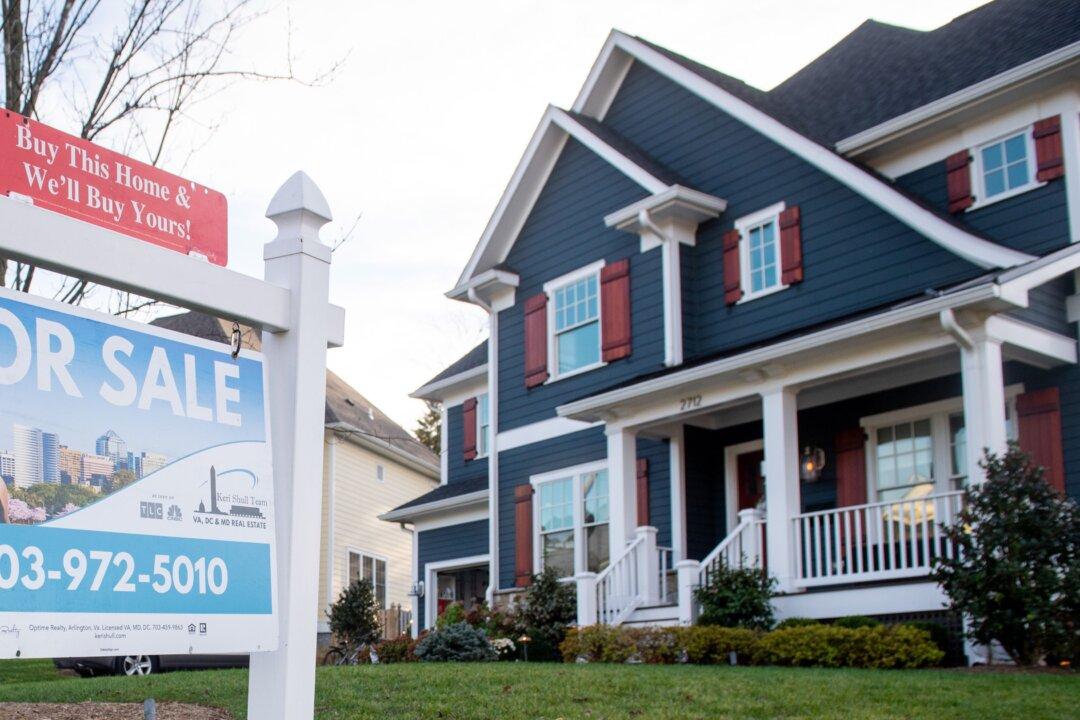Commentary
The entire investment world seems to be crashing except for good ol' sticks and bricks on terra firma—real estate. Part of the paper and digital assets sell-off is related to the fear of an economic recession.

The entire investment world seems to be crashing except for good ol' sticks and bricks on terra firma—real estate. Part of the paper and digital assets sell-off is related to the fear of an economic recession.